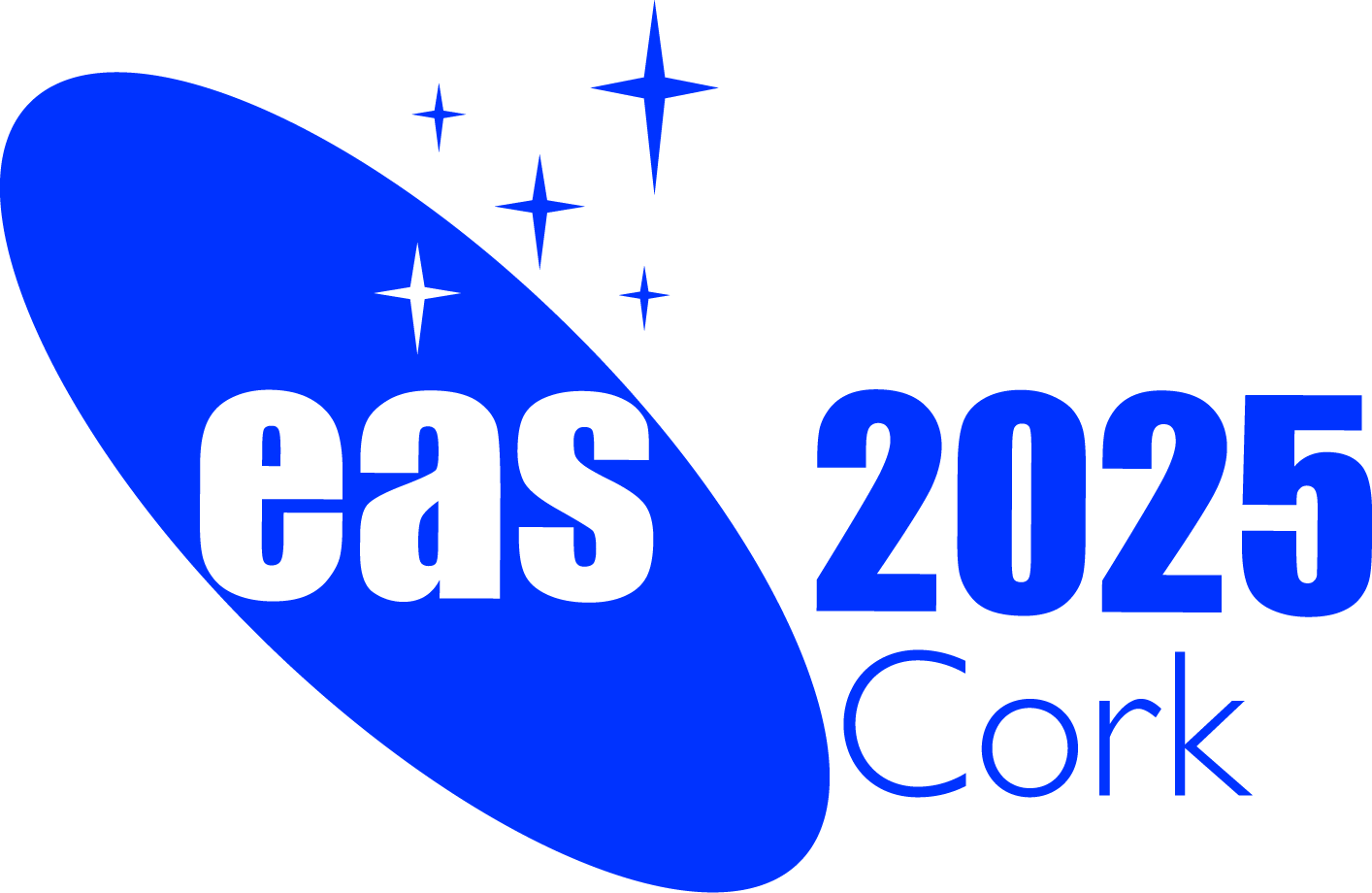
|
European Astronomical Society
|

|
|
|
|
|
|
EAS Job Directory
Find Jobs
| Professor in experimental planetary science (in situ mass spectrometry) | Closing date: 2024-08-01
Contact: Christoph Mordasini |
| The Division of Space Research and Planetary Sciences within the Physics Institute of the University of Bern has an opening, as of 2025, for a Professor in Experimental Physics (100%) in space instrumentation for experimental planetary science, field of in situ mass spectrometry. | | ▸ more | The Division is one of the leading research groups in the field of space instrumentation for experimental Solar System exploration and is looking for a professor in the field of planetary in situ mass spectrometry or a related field. The initial hiring level can range from assistant professor tenure track to full professor according to qualifications (open rank). The position will be filled in coordination with another open professorship in experimental planetology (field of remote sensing) at the Division. This inter-dependence may influence the finally available rank.
The successful candidate is expected to have or further develop an excellent and internationally recognized track record in the development, construction, and exploitation of scientific instrumentation flying on major spacecraft missions. The successful candidate's research program will constitute a central part of the Division's core research activities and represent the field of space research nationally and internationally. It will complement existing research activities both at the University and within the Swiss and international landscapes. The successful candidate will be part of a vibrant Division and Institute interacting in research, education, outreach, and administration as a member of the physics faculty. The Division offers excellent conditions in terms of laboratory infrastructure, engineering, and manufacturing capabilities to build space-grade hardware.
We expect an outstanding academic record including successful acquisition of third-party funds, demonstrated expertise in instrument development, a strong international network in space research including multiple links to space agencies, excellent social skills, and leadership qualities. The person will teach at BSc. and MSc. level, including lecturing basic physics courses in German for which non-German speakers will be given the necessary time to become competent in the language.
Candidates are expected to hold a PhD in physics or a related field and must be able to teach physics classes. The University of Bern values diversity and is committed to equal opportunities; applications are welcome from all suitably qualified candidates who meet the stated criteria. The University of Bern has set the aim of increasing the percentage of women in leading academic positions and thus strongly encourages female scientists to apply for the position. Applications proposing job sharing will also be considered. The University of Bern has signed the DORA declaration and will apply its principles to the recruiting process. Remuneration is in accordance with the personnel regulations of the Canton of Bern.
Applications should include: Letter of motivation, Curriculum vitae, List of publications, List of courses taught, List of third-party funds raised, List of contribution to space missions and instrument developments, Information on further academic activities including science management, Research plan for the first 5 years.
The application documents must be submitted by 1. August 2024 electronically in a single PDF file (smaller than 10 MB) to the Dean's Office (email: applications.natdek @ unibe.ch ), Sidlerstrasse 5, 3012 Bern, Switzerland, including this completed online questionnaire:
https://www.space.unibe.ch/about_us/jobs/questionnaire/index_eng.html
where also additional information on the position can be found. The contact person for inquiries is Prof. Christoph Mordasini, Executive Director of the Division of Space Research and Planetary Sciences: jobs.space @ unibe.ch
|
More resources
Links to other job lists
|

